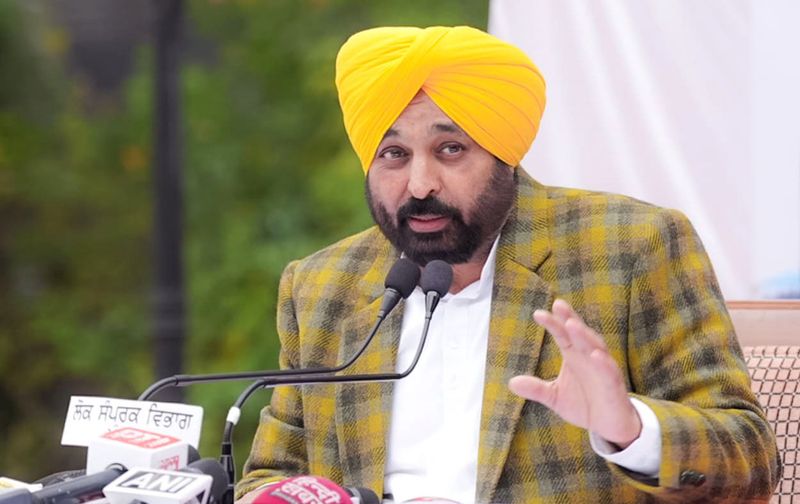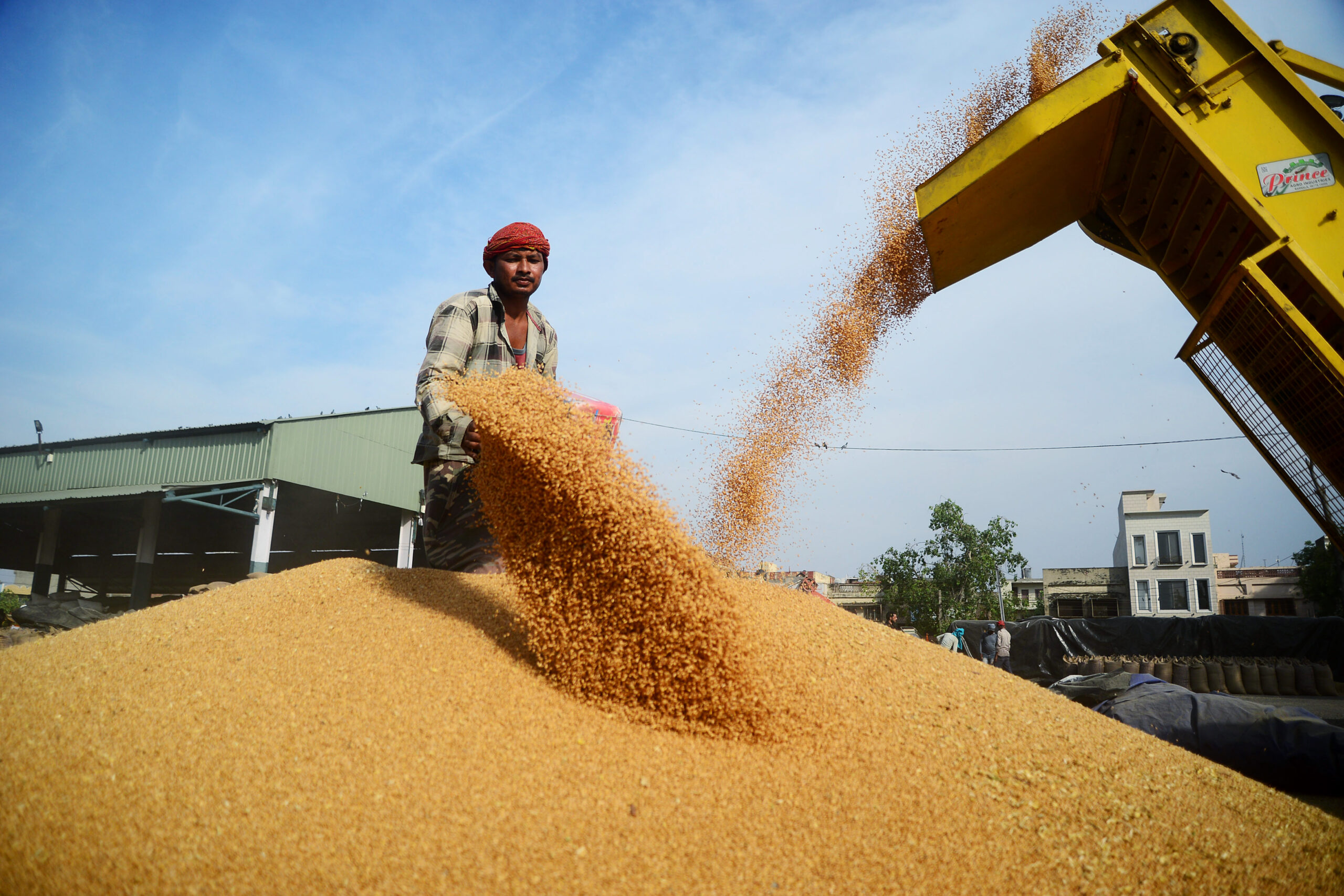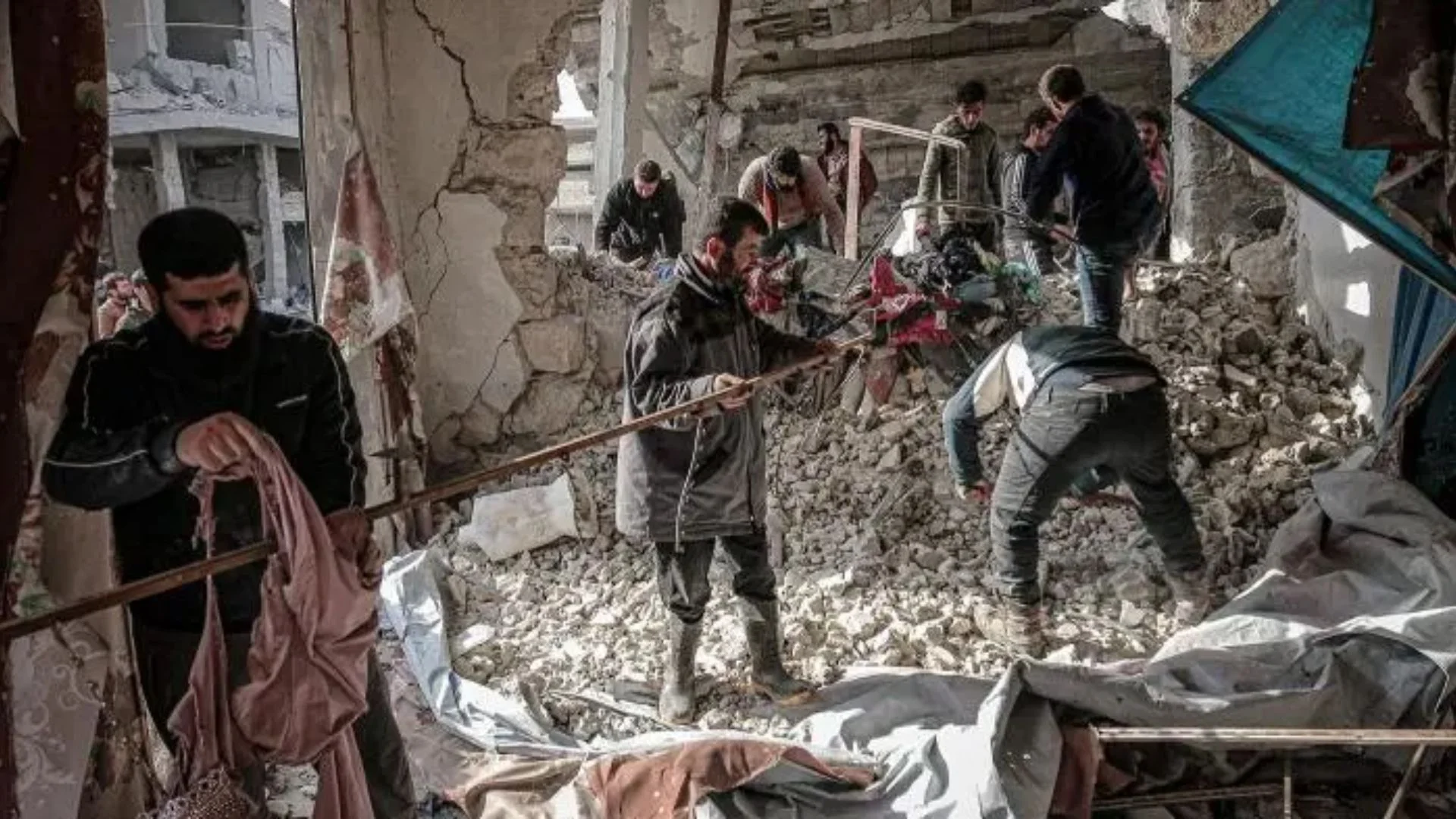Former Jammu and Kashmir Chief Minister Omar Abdullah has taken a dig at the banned Jamaat-e-Islami for its decision to field candidates in the upcoming assembly elections, highlighting the group’s significant shift from considering elections as “haram” (prohibited) to now “halal” (permissible).
“Until now, elections were deemed haram. Well, better late than never. Now elections are halal, and everyone is being encouraged to participate,” Abdullah remarked while speaking to the media, according to Rising Kashmir. He further noted, “We have always believed that whatever happens should be through democratic means. The shift in Jamaat-e-Islami’s political thinking over the past 30-35 years is not a bad thing.”
Abdullah expressed regret that the ban on Jamaat-e-Islami, imposed by the central government, remains in place. He added that while the group cannot contest under its party symbol due to the ban, they have chosen to field candidates as independents. Among those contesting is Talat Majeed, a former member of Jamaat-e-Islami, who has filed his nomination as an independent candidate for the Pulwama constituency.
Majeed explained that changing geopolitical dynamics since 2008 prompted a reevaluation of their rigid stance. Despite the ongoing ban, Jamaat-e-Islami had previously expressed interest in participating in the Lok Sabha elections if the prohibition were lifted. The organization had boycotted elections since 1987 and was affiliated with the separatist Hurriyat Conference, which promoted election boycotts from 1993 to 2003.
Background on Jamaat-e-Islami’s Ban
On February 27, the Union government extended the ban on Jamaat-e-Islami Jammu Kashmir for five more years under the Unlawful Activities (Prevention) Act (UAPA). Union Home Minister Amit Shah, in a post on X, stated that the decision aligns with Prime Minister Narendra Modi’s policy of zero tolerance against terrorism and separatism. Shah noted that the organization continues activities that threaten the nation’s security, integrity, and sovereignty.
The ban was first imposed on February 28, 2019, following the Pulwama attack, which resulted in the deaths of 40 CRPF personnel. In the crackdown that followed, over 100 members of Jamaat-e-Islami, including its chief Abdul Hameed Fayaz, were arrested by the Jammu and Kashmir Police.







